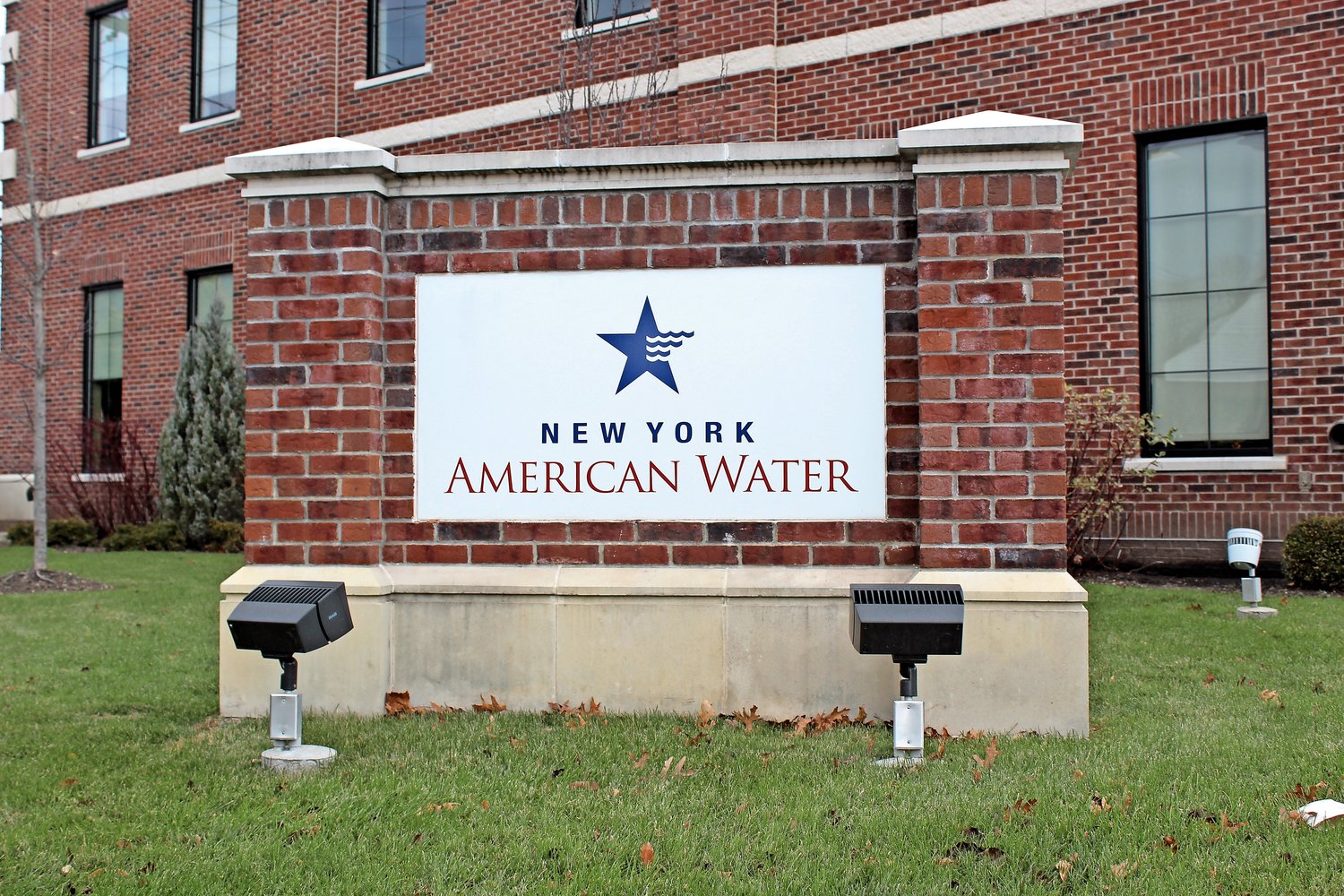Legislature votes for public water authority
Both the New York State Assembly and Senate last week passed a bill to establish a North Shore Water Authority and a South Nassau Water Authority that would replace New York American Water for ratepayers in the Towns of Oyster Bay and Hempstead.
The bill passed the Senate 63-0, and the Assembly, 149-0. The measure now awaits Gov. Andrew Cuomo’s signature.
The bill was introduced in the Assembly by Charles Lavine, a Democrat from Glen Cove. “We have fought for public water service for years,” Lavine said. “I am extraordinarily pleased that both the Senate and Assembly have passed a bill authorizing the municipalization.”
NYAW currently serves around 124,000 Nassau residents, about 10 percent of the county’s population. Legislators estimate that ratepayers in NYAW’s Sea Cliff Water District, which includes Sea Cliff and Glen Head, as well as parts of Glenwood Landing, Glen Cove, Old Brookville and Roslyn Harbor, are paying as much as five times more for water than those in Jericho or other public water districts.
“Customers of New York American Water have been unduly burdened with exorbitant rates for the water they use on a daily basis, driven largely by costs having nothing to do with the provision of water,” Cuomo said in a statement after the report was released in March.
In addition to dramatically decreasing ratepayers’ water bills each month, the municipalization of water systems has been proven to benefit affected communities by improving water quality and infrastructure, decreasing service interruptions and more. “Nearly every water district on Long Island is well respected in their community and helpful in resolving issues,” said Agatha Nadel, director of the public water advocacy group North Shore Concerned Citizens. “Public water fosters local control, local ownership and local accountability for the water systems, leading to better service for communities overall.”
Years before publication of the March report, local lawmakers and community leaders had worked to pass legislation ending private water in Nassau.
“This is an absolutely amazing achievement for the community, such a tremendous accomplishment,” Nadel said. “We are grateful and thankful to our legislators for pushing to get this passed. The passage of this legislation sends a strong message that water privatization has no place on Long Island.”
While passage of the bill in the Legislature comes as good news for ratepayers, NYAW is frustrated by the lack of immediate action taken by lawmakers to reduce customers’ water bills. “For two years, we have been advocating for the elimination of the unfair and unjust special franchise tax to provide our customers with meaningful rate relief, but the Legislature failed to act,” NYAW President Lynda DiMenna said. “Instead, legislation was passed that provides zero rate relief and condemns our customers to paying exorbitant taxes on their water bills for years to come.”
The actual acquisition of NYAW’s assets by this new public authority could take years through eminent domain proceedings and negotiations. The legislation would, however, provide some immediate relief to ratepayers, if signed into law. Along with establishing a public water authority on the North Shore, the bill would eliminate the special franchise tax that ratepayers are currently burdened with, encompassing anywhere from 30 percent to 50 percent of the water bill for NYAW customers. The removal of the tax would swiftly provide relief to ratepayers and could take effect immediately while the process of shifting NYAW’s assets over to NSWA occurred.
Passage of the bill in the Legislature “was truly a team effort between local activists, our legislators, the Sea Cliff community and individuals that have been there from the beginning,” Nadel said. “It takes a community coming together to see any massive change.”
Thomas Carrozza contributed to this story.

 44.0°,
Mostly Cloudy
44.0°,
Mostly Cloudy 




